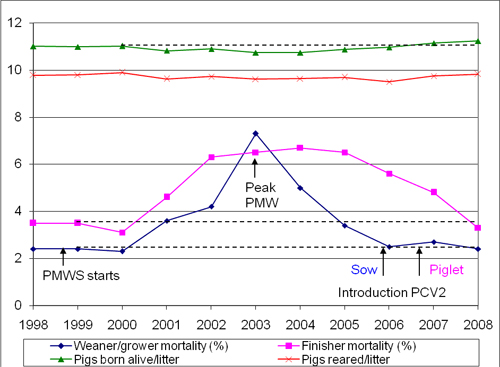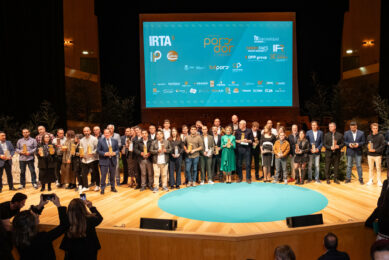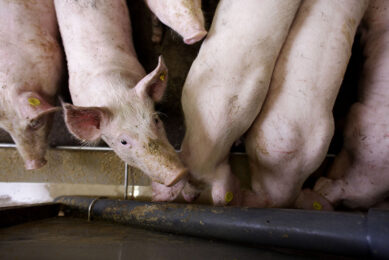IPVS 2010 Vancouver, Canada – What a spectacular event

Vancouver lived up to its reputation of being one of the most stunning cities in the world. It was magnificent, a wonderful venue for the IPVS Congress. The next one will be in 2012 on the island of Jeju, off S.W. Korea and famous for honeymooners. Cancun in Mexico was chosen for 2014, over strong opposition from Dublin and Madrid. Scientifically, there was an extensive programme with 6 concurrent sessions going on at any one time, so a limited overview of some of the topics that were of personal interest are described.
Porcine circovirus type 2 (PCV2) was still a major topic with many sessions and papers and there is a lot of competition between the companies marketing their successful and effective vaccines. A number of papers stood out for me. One by Hayden, from the UK described the effect of PCV2 on reproductive performance and the use of sow vaccines increased live piglets born by 0.8piglets/litter in the 6 months after the start of vaccination, which rose to 1.4 in the following 6 months due to seasonal variation in this outdoor 1000 sow herd. It did not resolve mortality in the finisher pigs, so piglet vaccination was also used. Segales (Spain) claimed that there had not been an age shift in mortality associated with post-weaning multi-systemic wasting syndrome (PMWS) in Spain. By using a retrospective study of post-mortems examinations on the condition he showed that they were predominantly at 3 months of age.
©
In the UK epidemic, we saw initially an early pattern of mortality in weaner pigs, which subsequently subsided but a steady pattern of mortality in finishing pigs, until the vaccines came along. Similarly, there were improvements in piglet born live and weaned when the vaccines were introduced (see Figure 1). With all these variations in mortality patterns, what and when to vaccinate is sometimes difficult, I usually advise “follow the mortality”.
©
Figure 1. Mortality figures associated with the PMWS epidemic in the UK.
©
©
©
‘MRSA (methicillin-resistant Staphylococcus aureus) did cause some heated discussions, especially to the cause of the problem. I have written a review article for Pig Progress and Vetsweb where I have gone into it more detail. (Click here for article)
©
Unfortunately, there were no clear ways to the elimination of the problem on a herd basis yet, so the best advice is prevention – “if you have not got it, don’t buy it in”. Other resistance issues came to the fore, such as the growing concern of increased resistance to antimicrobials by Brachyspira hyodysenteriae in Europe (Vyt – Belgium).
©
This is a problem in some countries and again stresses the importance of good biosecurity to stop such disease entering the farm and eradicate it at the earliest opportunity to prevent further spread.
©
An interesting paper that came from Agnoletti (Italy) was that valnemulin (a pleuromutilin antibiotic) is active against Clostridium difficile, which is novel. In some countries C. difficile is a major problem in baby piglets and unlike most clostridia, shows high levels of resistance to penicillin and even cephalosporins. Karanikolova and Vesselova (Bulgaria) presented to excellent posters on the pharmacokinetics (concentrations of drugs in blood and tissues) of tylosin both in feed and water. With many of the older antibiotics there is scant information on this, which I use to try to improve our understanding of how drugs work, how to interpret susceptibility/resistance and ideally try to avoid resistance development.
©
On a personal note, it was my first visit to Vancouver and I did experience the beauty of the city and its magnificent surrounding countryside including the Rockies.©I was fortunate to see some Orca whales, a grizzly but succeeded to get a good photo of another native that was causing a ‘bear jam’ on the highway (See photo left).
©
©
©
©
©
©
©











